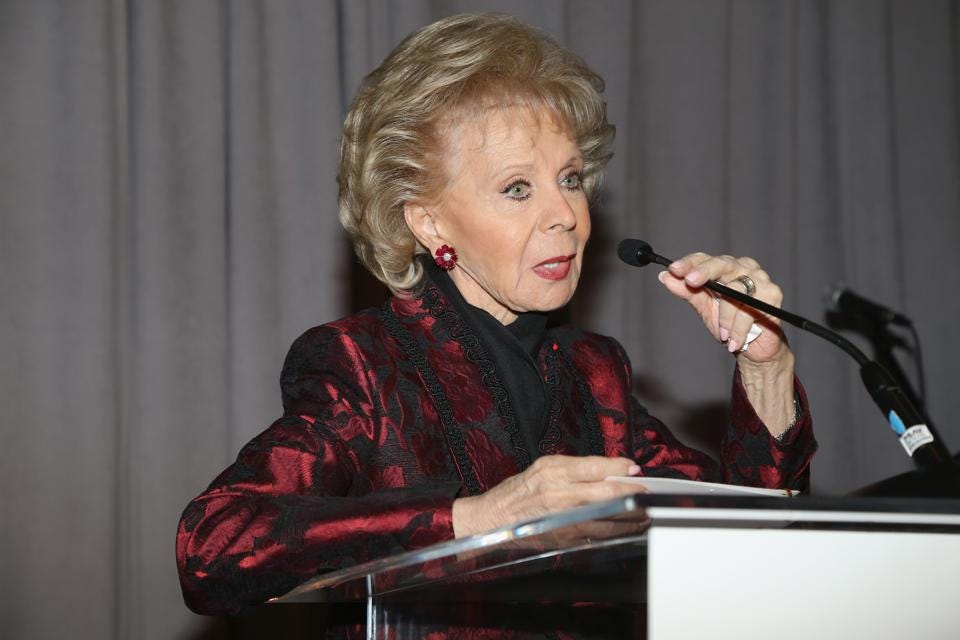
By Maya Gebeily -- BEIRUT, (Reuters) - Kenyan cleaner Noel Musanga survived Lebanon's economic meltdown, waves of COVID-19 and Beirut's port blast. But when her internet provider announced rates would double, she feared her last lifeline to family and work would snap. The freelance migrant worker already barely earned enough to survive. Now, the higher telecoms bill means she will have to ration her calls to relatives and potential employers. "It will be like (being) in a deep hole," Musanga said in her ground-floor apartment in the densely-populated Burj Hammoud neighbourhood on the edge of Beirut.
Lebanon hosts an estimated 250,000 migrant workers primarily from sub-Saharan Africa and Southeast Asia, according to the United Nations. Their residence is usually subject to "kafala", a sponsorship system that rights groups say gives employers excessive control over workers' lives. Lebanon's three-year financial downturn has only added to their woes, with employers abandoning domestic migrant workers in the streets as their monthly wages – between $150 to $400 – became too expensive. Some went freelance, living on their own and taking on cleaning or nannying work to pay the bills. But that has become harder by the day. Lebanon's currency has lost 95% of its value while food and public transportation costs have risen roughly eleven-fold.

by famagusta-gazette.com -- Lebanon is unlikely to form a new cabinet very soon, given a deeply divided political landscape shown in the parliamentary elections in May and under the influence of multiple external factors, said experts. “Amid the current steep divisions, I believe we won’t be seeing a new cabinet in Lebanon and the caretaker government of Prime Minister (Najib) Mikati will stay until we elect a new president for the republic by the end of October, which may also be a very difficult task in the light of the current complicated scene,” political analyst Amin Kammouriye told Xinhua. Soon after Mikati was re-appointed as Lebanon’s prime minister-designate by the president on June 23 following binding consultations with parliament members, he vowed to form a cabinet capable of assuming its full duties and responsibilities.
Mikati, who was appointed for a fourth time with 54 votes from the 128-member parliament, should govern in the run-up to the presidential election in the autumn and rally various parties to put aside differences for Lebanon’s reforms. However, Kammouriye said, Mikati’s premiership was secured by the lowest number of votes for any prime minister in Lebanon ever since 1990, a reflection of the new make-up of the parliament as the Iran-backed Shiite movement Hezbollah and its allies lost their majority in May elections. During the elections, the Free Patriotic Movement, a major Hezbollah ally led by the president’s son-in-law Gebran Bassil, also lost its position as the largest Christian bloc in the parliament. Kammouriye also noted the rifts between Mikati and Bassil over key ministerial portfolios. As the end of President Michel Aoun’s presidential term is imminent, Bassil aims to appoint his supporters in key public institutions to ensure his party’s control of key posts, the political analyst explained.

By Kerry Dolan - Forbes.com -- Lily Safra, a billionaire socialite and philanthropist who inherited a fortune from her banker husband Edmond Safra, died at age 87 of pancreatic cancer, according to her spokesperson. Safra died on July 9 in Geneva, Switzerland. Safra’s fourth husband, Brazilian banker Edmond Safra, died in 1999 in a fire in their apartment in Monaco. Lily Safra chaired the Edmond J. Safra Foundation, which describes itself as donating to organizations supporting education, science and medicine, religion and humanitarian relief in 40 countries. Forbes estimated her fortune at $1.3 billion. Lily was born in Porto Alegre, Brazil in 1934 to Jewish immigrants to South America. Her father, Wolf Watkins, was of Czech and British origin and manufactured railroad cars in the city of Mesquita, near Rio de Janeiro, where the main street was named “Rua Mister Watkins.” Lily moved to Montevideo, Uruguay at age 17 and soon married Mario Cohen; together they had three children. The marriage ended in divorce and she moved back to Rio de Janeiro. In 1965, at age 30, she married Alfredo “Freddy” Monteverde, owner of the appliance store chain Ponto Frio. Monteverde struggled with bipolar disorder and died by suicide in 1969, according to a statement from Lily Safra’s spokesperson.
Her third marriage, to Samuel Bendahan in 1972, lasted just one year before they divorced. She married Edmond Safra, who reportedly had been Freddy Monteverde’s banker, in 1976. Edmond Safra’s family initially hailed from Lebanon before moving to Brazil. He built a multi-billion dollar fortune via a significant stake in the publicly-traded parent of U.S.-based Republic National Bank, which he founded, plus a private banking business in Europe. Edmond was diagnosed with Parkinson’s disease in the mid 1990s and eventually required full-time nursing care. In December 1999, his nurse Ted Maher fabricated a break in and started a fire in the couple’s apartment in Monaco in order to play hero and rescue his wealthy boss, according to reports of testimony at Maher’s trial. But Edmond Safra and another nurse died of smoke inhalation in a bathroom while trying to avoid the fire. Maher was convicted of arson and sentenced to 10 years in prison.
BEIRUT (AP) — A Saudi opposition party says one of its founding members was killed in the Lebanese capital, Beirut. The National …
Khazen History


Historical Feature:
Churches and Monasteries of the Khazen family

St. Anthony of Padua Church in Ballouneh
Mar Abda Church in Bakaatit Kanaan
Saint Michael Church in Bkaatouta
Saint Therese Church in Qolayaat
Saint Simeon Stylites (مار سمعان العامودي) Church In Ajaltoun
Virgin Mary Church (سيدة المعونات) in Sheilé
Assumption of Mary Church in Ballouneh
1 - The sword of the Maronite Prince
2 - LES KHAZEN CONSULS DE FRANCE
3 - LES MARONITES & LES KHAZEN
4 - LES MAAN & LES KHAZEN
5 - ORIGINE DE LA FAMILLE
Population Movements to Keserwan - The Khazens and The Maans
ما جاء عن الثورة في المقاطعة الكسروانية
ثورة أهالي كسروان على المشايخ الخوازنة وأسبابها
Origins of the "Prince of Maronite" Title
Growing diversity: the Khazin sheiks and the clergy in the first decades of the 18th century
Historical Members:
Barbar Beik El Khazen [English]
Patriach Toubia Kaiss El Khazen(Biography & Life Part1 Part2) (Arabic)
Patriach Youssef Dargham El Khazen (Cont'd)
Cheikh Bishara Jafal El Khazen
Patriarch Youssef Raji El Khazen
The Martyrs Cheikh Philippe & Cheikh Farid El Khazen
Cheikh Nawfal El Khazen (Consul De France)
Cheikh Hossun El Khazen (Consul De France)
Cheikh Abou-Nawfal El Khazen (Consul De France)
Cheikh Francis Abee Nader & his son Yousef
Cheikh Abou-Kanso El Khazen (Consul De France)
Cheikh Abou Nader El Khazen
Cheikh Chafic El Khazen
Cheikh Keserwan El Khazen
Cheikh Serhal El Khazen [English]
Cheikh Rafiq El Khazen [English]
Cheikh Hanna El Khazen
Cheikha Arzi El Khazen
Marie El Khazen